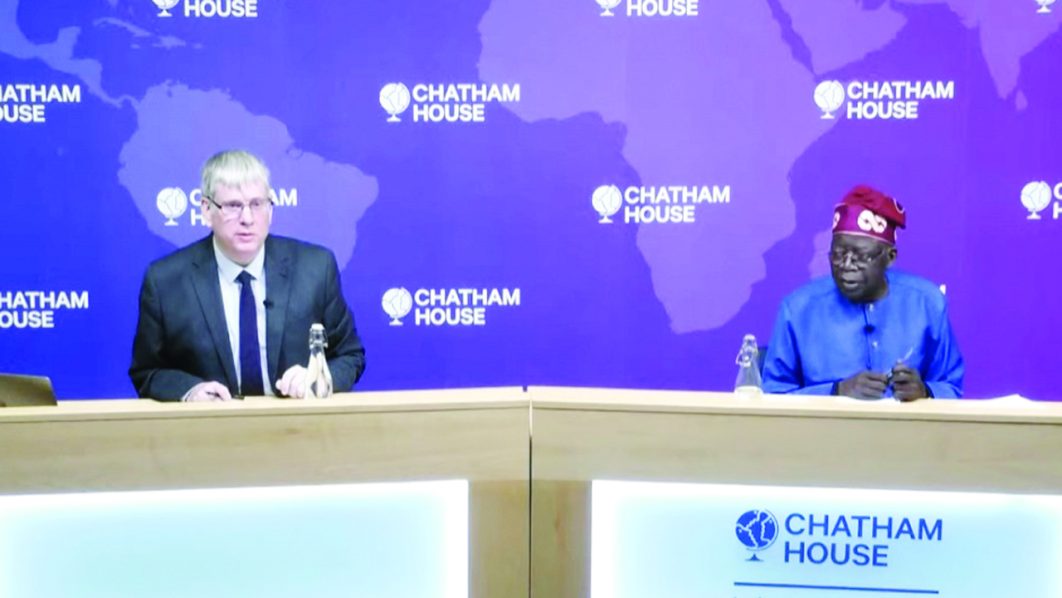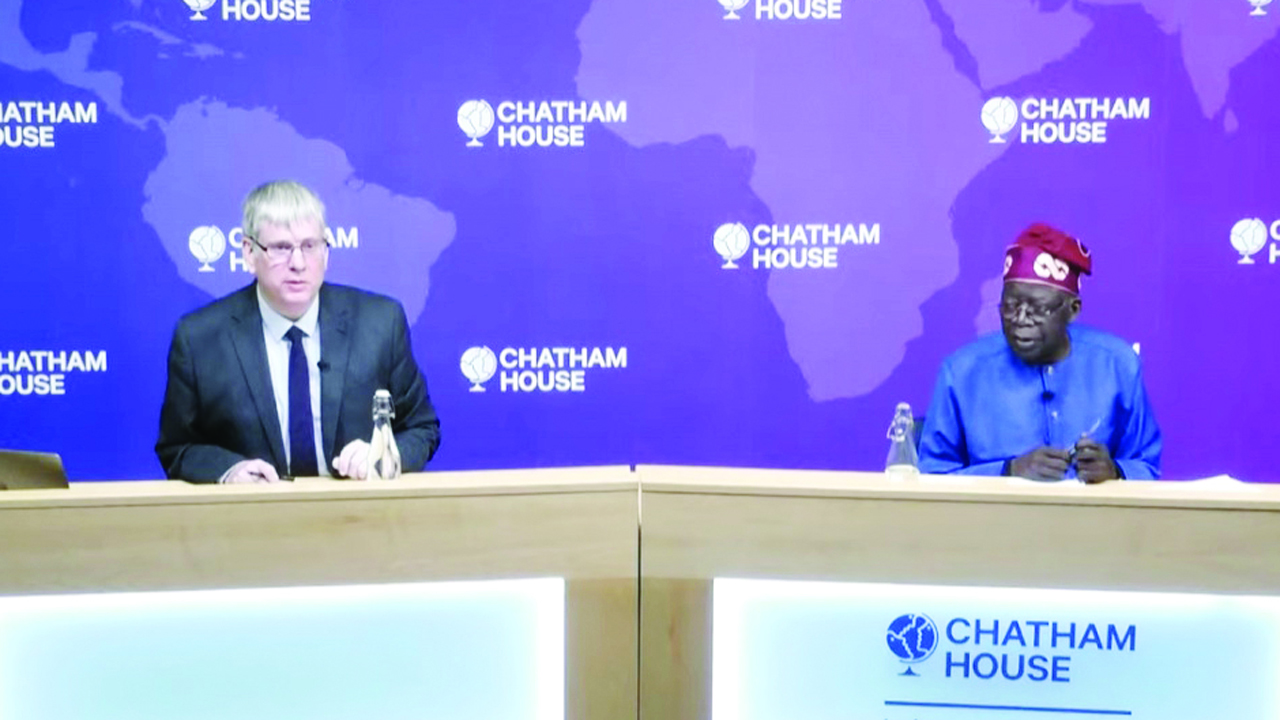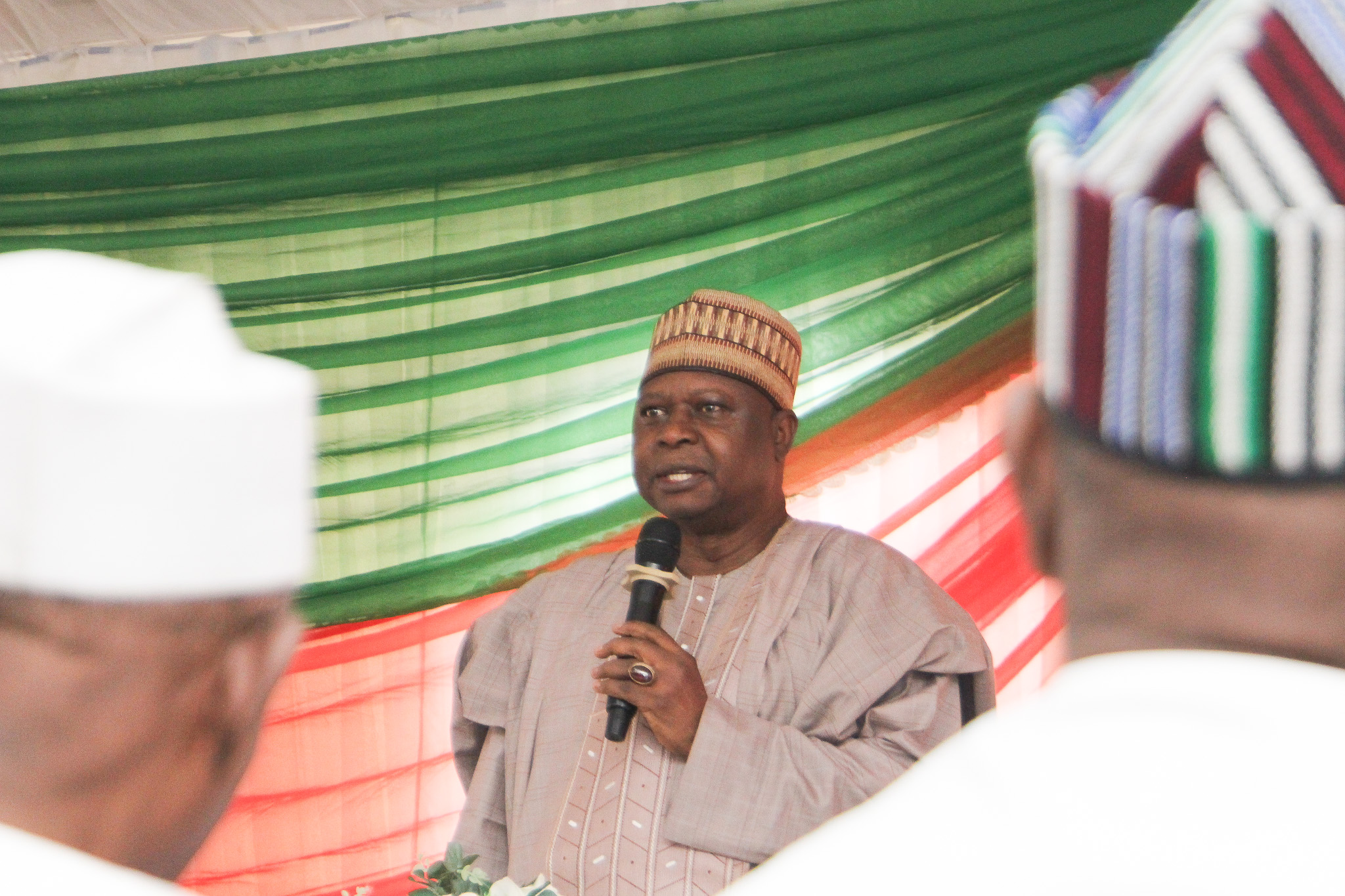
Will the newly priced naira survive another oil shock…?
It was towards the end of the year 1982, and there was panic in the land. International crude oil prices were spiraling downwards after reaching giddy heights in 1981 when Brent crude had topped an unprecedented thirty-four dollars per barrel. Late Chief Obafemi Awolowo’s 1981 prediction was coming to pass as Nigeria’s economy headed for the rocks, sending the nation into a prolonged recession by 1984.
Compounding the grim situation was mounting foreign debt as the then Central Bank could not honor short-term obligations on Letters of Credit opened at foreign banks to finance imports. When Nigeria reneged on these short-term trade contracts, punitive interest charges were imposed, further increasing the debt burden. Meanwhile, oil prices continued to fall, reaching a nadir of nine dollars per barrel by 1988.
The same economic scenario ensued in 2014, with no Awolowo to pre-warn economic managers. Earlier, oil prices had climbed to $140 per barrel—a case of irrational exuberance that did not take into cognizance the mounting U.S. production through fracking and horizontal drilling. Eventually, the price of a barrel of oil declined to as low as $29, and Nigeria’s second recession began, further exacerbated by the poor policy choices of Buharinomics.
A third recession was unleashed due to the COVID-19 global shutdown, which induced negative oil prices in the international market in 2021. Oil prices have since returned to positive territory, maintaining a comfortable range between $70 and $80 per barrel.
A change of guard in 2023 has brought a change in the manner the foreign exchange market operates. However, there were unintended consequences as the naira headed toward two thousand to the dollar from seven hundred and fifty, using parallel market metrics. Though no recession accompanied this severe loss of naira value, it reflected heavily on Nigeria’s nominal GDP.
By the first quarter of 2025, two years after the return to market-driven foreign exchange price discovery, and with the naira holding its own at around one thousand five hundred to the dollar, most people are breathing a sigh of relief—some of us are not.
I am not heaving a sigh of relief because the perceived naira stability is yet to face the acid test it faced in the years 1982, 2008, 2014, and 2021—the years oil prices crashed. This time around, if oil prices fall steeply, would the naira pass the test? I am not optimistic. Note that there was an oil crash that did not bring on a recession in Nigeria—the one seen in 2008 that persisted until 2010—following the global financial meltdown resulting in the Great Recession.
Currently, demand and supply of forex are driving price discovery as they did in 2008. However, in 2008, Nigeria had robust reserves of dollars that were not encumbered by short- or long-term debts. Additionally, new dollar streams had diversified the supply side. Remittances had risen to over $20 billion in official records—probably in excess of $30 billion annually if unofficial inflows were factored in. New non-oil exports like sesame seeds, cashew nuts, and increasing gas exports from new lines at Bonny Island contributed significantly to dollar inflows.
Are there new developments that would help the naira withstand an assault from the next oil crash as happened in 2008? Would the current reversal to 2000s forex management be enough? I doubt it. A pricing format is not a solution and is not a route to the long-term stability of a currency.
However, a bit of news recently filtered into the public space, and if factual, it could make a difference by allowing relative stability of the naira. Unlike in the past, when the CBN was the main supplier to the forex market, we are informed that the CBN now contributes less than ten percent to the forex market. This information is not from the horse’s mouth but from some insiders.
While this is definitely a market transformation, it is not the deeper structural economic transformation that is needed. We know the market is being supplied by borrowings and hot-money portfolio investors—not new export earnings. At this point, this administration remains indicted because they inherited a program from the last administration to address that lack—the *Road to 200 Billion Dollars (RT200BN)* in four years. The Cardoso-led CBN ditched this program without replacing or fine-tuning it if found inadequate.
The laudable aim of the program was to increase the nation’s annual non-oil exports to an average of $40 billion by 2026/27. This was an ambitious target, and achieving even 40% of it would have been impactful. What Nigeria achieved, however, is barely $6 billion in non-oil export earnings for 2024—a far cry from the $40 billion target.
The RT200BN program by the Emefiele-led CBN should be a fiscal program and moved to the Ministry of Industry, Trade, and Investment. However, it was scrapped with no meaningful replacement. This means that the Nigerian economy is still susceptible to the vagaries of its weakest link—the oil and gas sector—whose fortunes determine the fortunes of all other sectors, including the man on the street.
God help Mr. President if an oil collapse occurs between 2025 and 2027—his re-election would be a hard sell, and all his good works in the last two years would come to naught.
There are signs of things to come as the naira starts moving towards N1600 to the dollar this week. Pundits have told us that Foreign Portfolio Investors (FPI) are cashing out as Treasury bill yields dip below 20%. This is a preview of what will happen when oil prices start receding.
Chatham House joined the discussion, asking Nigeria not to pursue a stronger currency policy—leaving Nigerians wondering if this is good advice. It is. It is the exact medicine doctors recommend to treat the chronic Dutch Disease that has afflicted the nation’s economy since the discovery and exploitation of oil.
On the other hand, the naira has depreciated since the 1980s—so why has the country not been cured of Dutch Disease or reaped the benefits that come with currency depreciation?
To be continued.
Dr Jaiyesimi writes via [email protected], 08123709109






